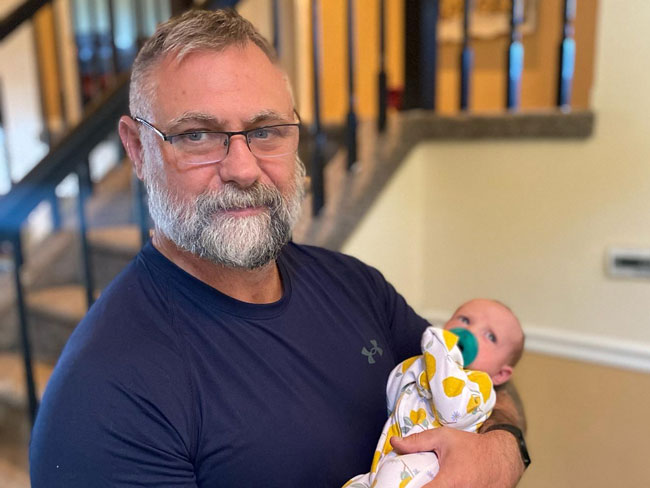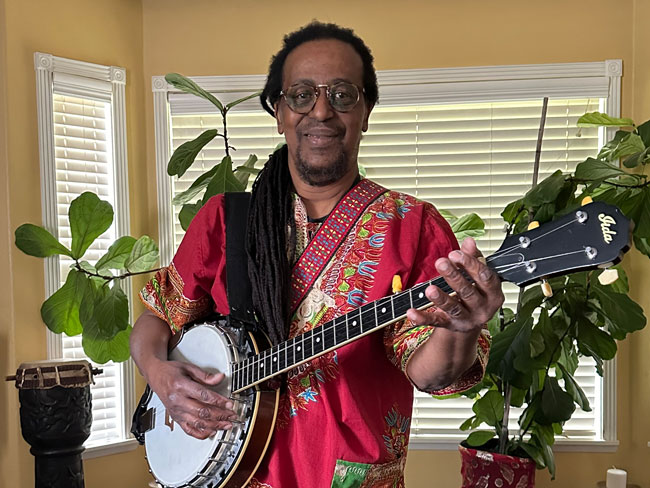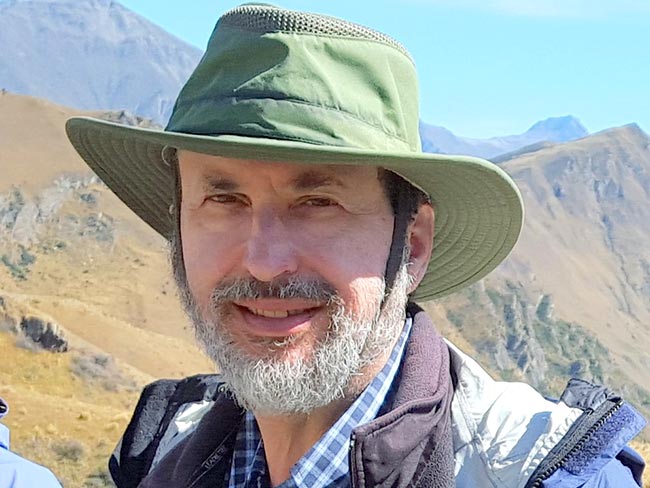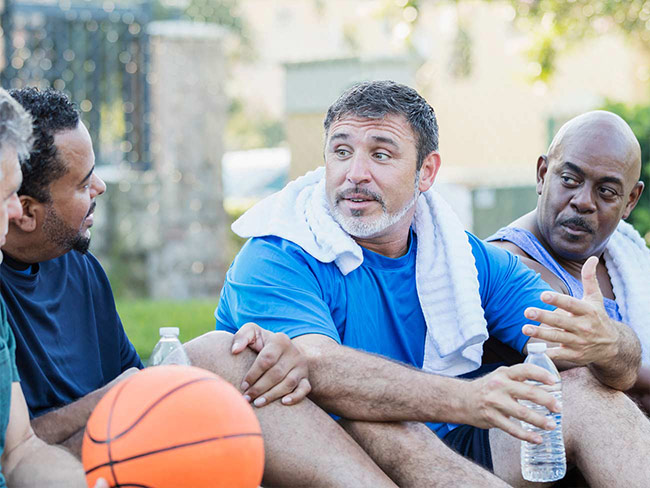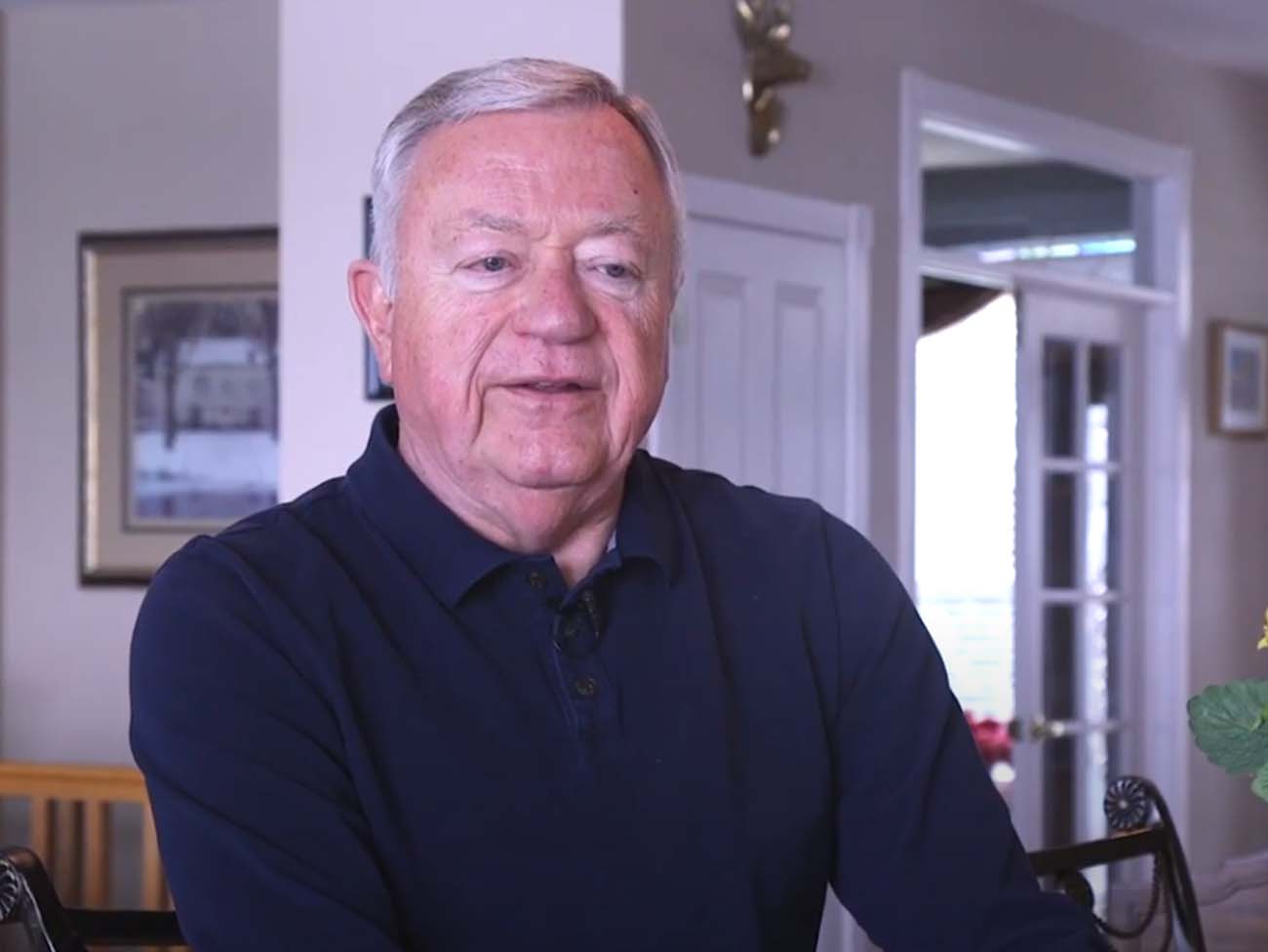Early prostate cancer detection helps one patient fight back
After a successful treatment, Luke Klein is giving back as a mentor who helps others navigate their own diagnoses.
Luke Klein, a former combat sports fighter and current trainer In Oregon, credits his care team and support group for his health.
When Luke Klein was told that he had prostate cancer, it was an unexpected shock.
Klein, from Portland, Oregon, was 48 when he went in for an annual checkup with Jeffrey Sy, MD, his primary care doctor for 17 years. Klein ate healthily and was very active, working out several times a week and teaching Brazilian jiu-jitsu, boxing, and submission grappling. Before his checkup, he didn’t have concerns, but he did mention a few minor urinary complaints.
Most people don’t begin prostate cancer screening until they’re at least 50 years old. But after talking it over, Klein and Dr. Sy decided to do a simple blood test called a prostate-specific antigen test, or PSA test. PSA is an enzyme made by the prostate and an elevated PSA level in the blood may be a sign of prostate cancer.
A lifesaving conversation
“I look back on that conversation now and I think that saved my life,” said Klein, who is married with 5 children, and 3 grandchildren.
Klein’s first test showed high PSA in his blood. After additional tests ruled out other possible causes, such as an enlarged prostate or medication interference, he was referred to a urologist who did a biopsy and confirmed that he did have prostate cancer.
After skin cancer, prostate cancer is the most common cancer diagnosed in men, and it’s the second leading cause of cancer death in men, after lung cancer.
However, with early detection, survival rates are very good, according to Dr. Sy.
Klein’s cancer was caught early and hadn’t spread. After considering his options, Klein opted to undergo surgery to have his prostate removed.
I come from the military, mixed martial arts world, where people don’t talk about their feelings. I just try to create a relationship and be a sounding board for somebody they can talk to. Luke Klein, Kaiser Permanente Member
Finding support and common connection
As he recovered, Klein turned to exercise to give himself mental breaks. He learned meditation strategies with the Calm app, which Kaiser Permanente offers to members. And he joined a Kaiser Permanente support group for men with prostate cancer.
“The support group was great because you’re with these guys who are going through the same thing. You’re not the only one out there,” said Klein. “Everyone’s in a different stage of the journey and you learn from each other.”
Summer 2024 marks the 2-year anniversary of his surgery, and Klein, now 51, is back to doing the things he loves: coaching and helping take care of his grandchildren.
But that wasn’t the end of his prostate cancer story.
Motivated to mentor others
Klein was so impressed with the care he received and wanted to help others who are like him. He now volunteers as a prostate cancer peer mentor as part of a Kaiser Permanente program that connects mentors with patients who’ve been recently diagnosed. Since becoming a mentor, he says he’s talked to about 40 people.
“I come from the military, mixed martial arts world, where people don’t talk about their feelings,” said Klein, who served 15 years with the Oregon National Guard. “A lot of these guys have that mentality and I get it. I just try to create a relationship and be a sounding board for somebody they can talk to.”
He encourages people to talk openly with their doctor about whether they should be screened.
“Prostate cancer wasn’t the death sentence that I thought it was,” he said.
“One of the things I learned is you cannot run from it. A lot of people don’t even want to know if they have cancer. But just like anything else in life, you’ve got to face it. Educate yourself as much as you can, make good decisions, and listen to your health care professionals.”
Learn more about cancer care in the Northwest.
